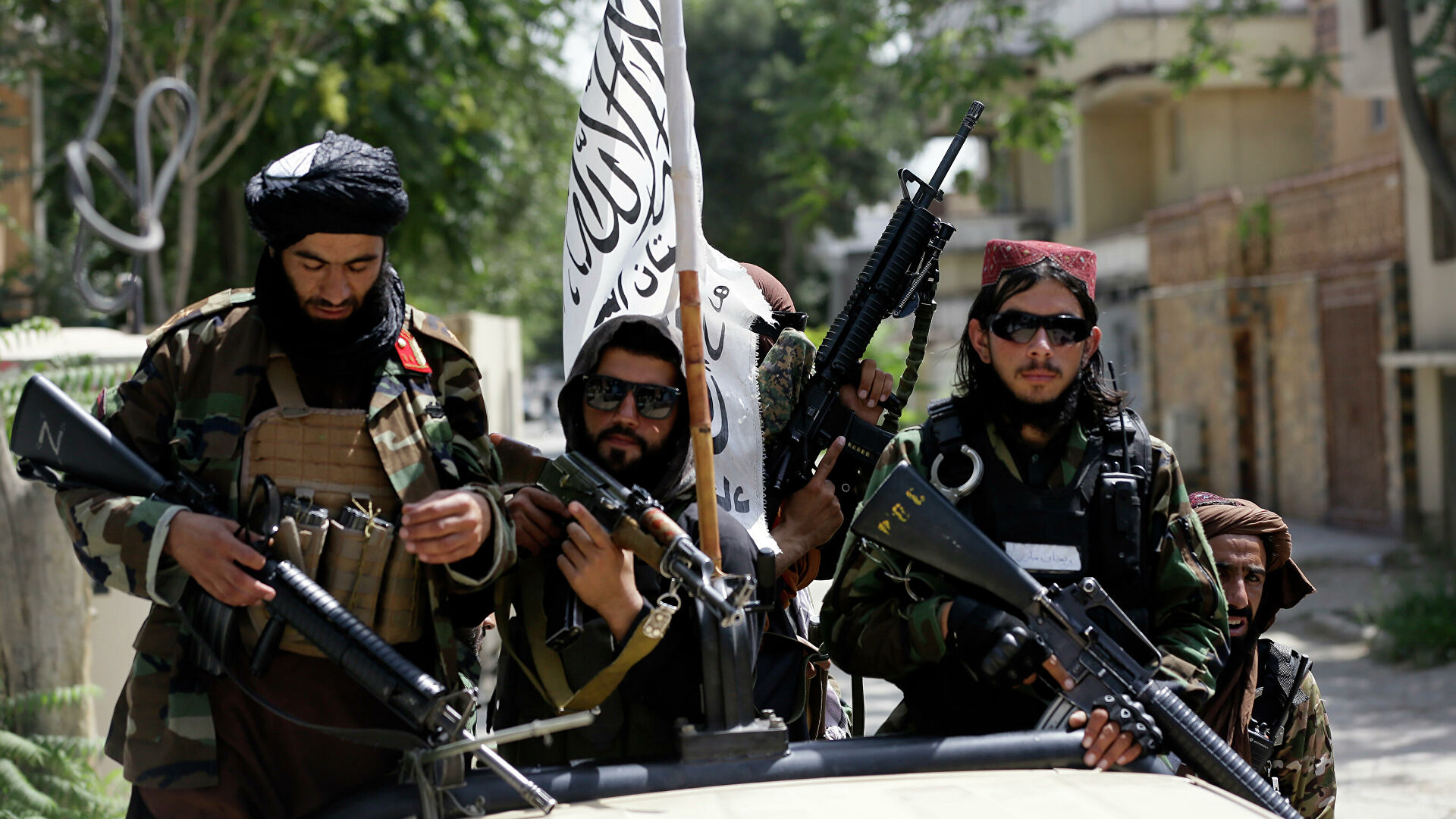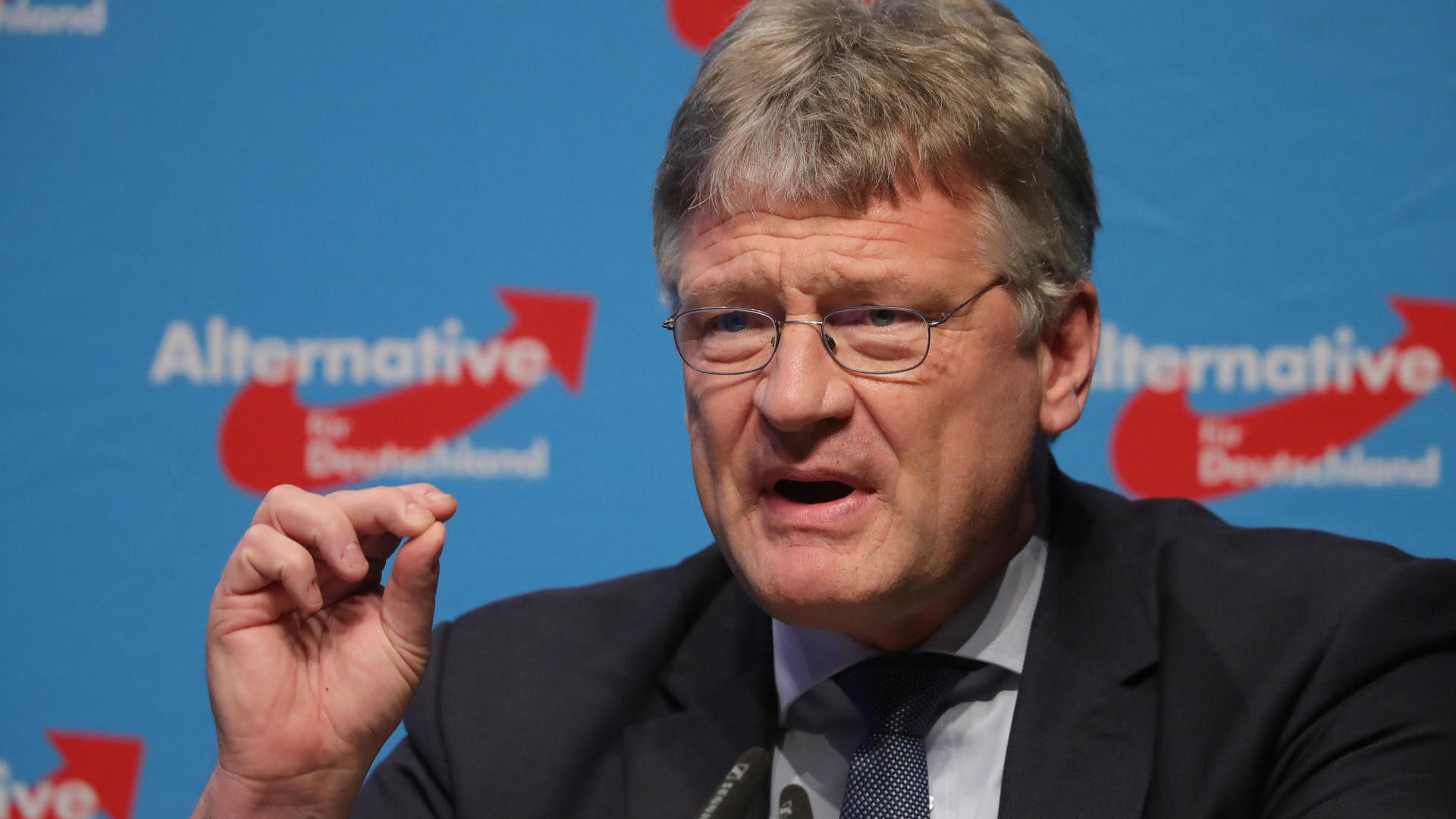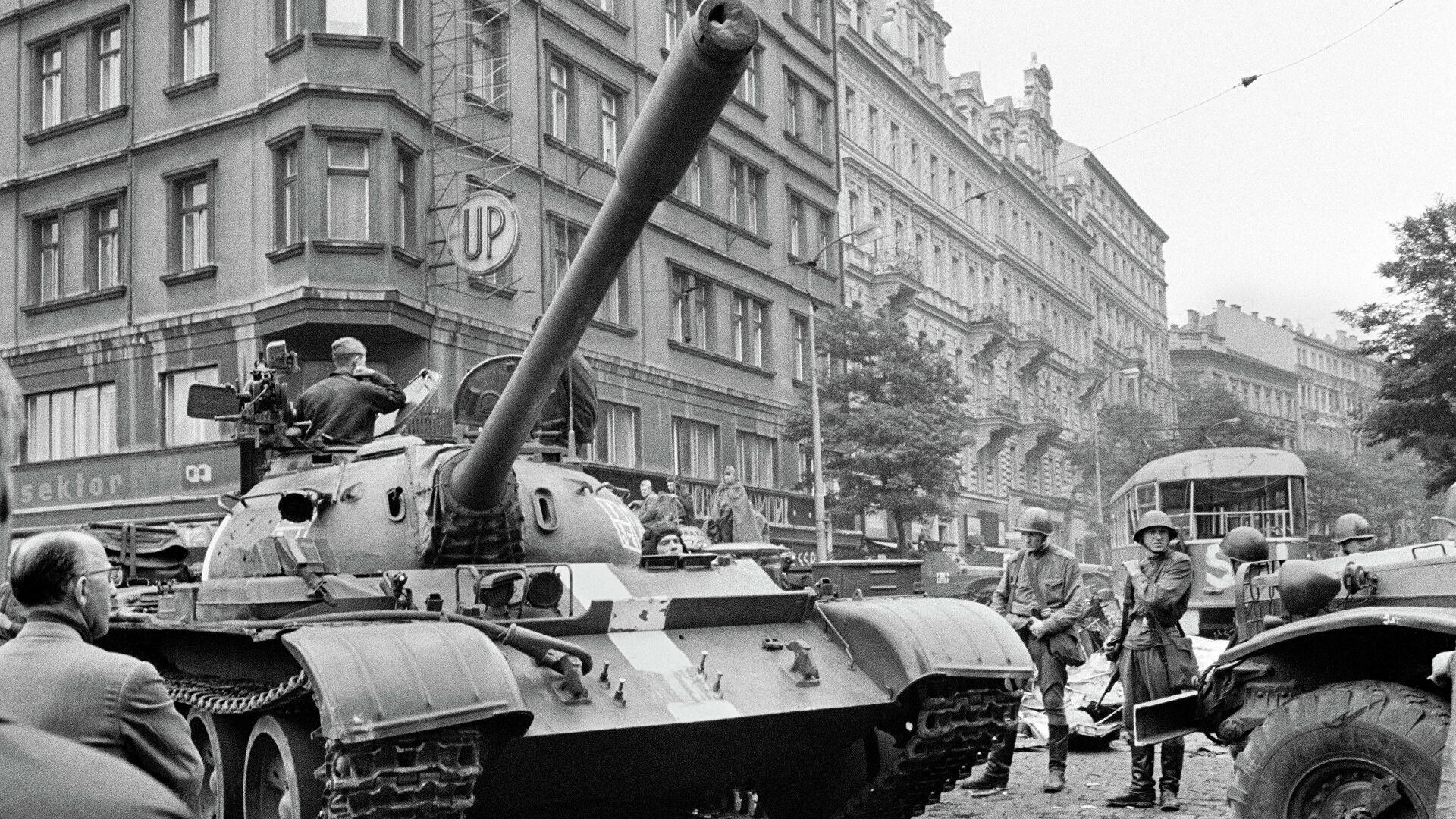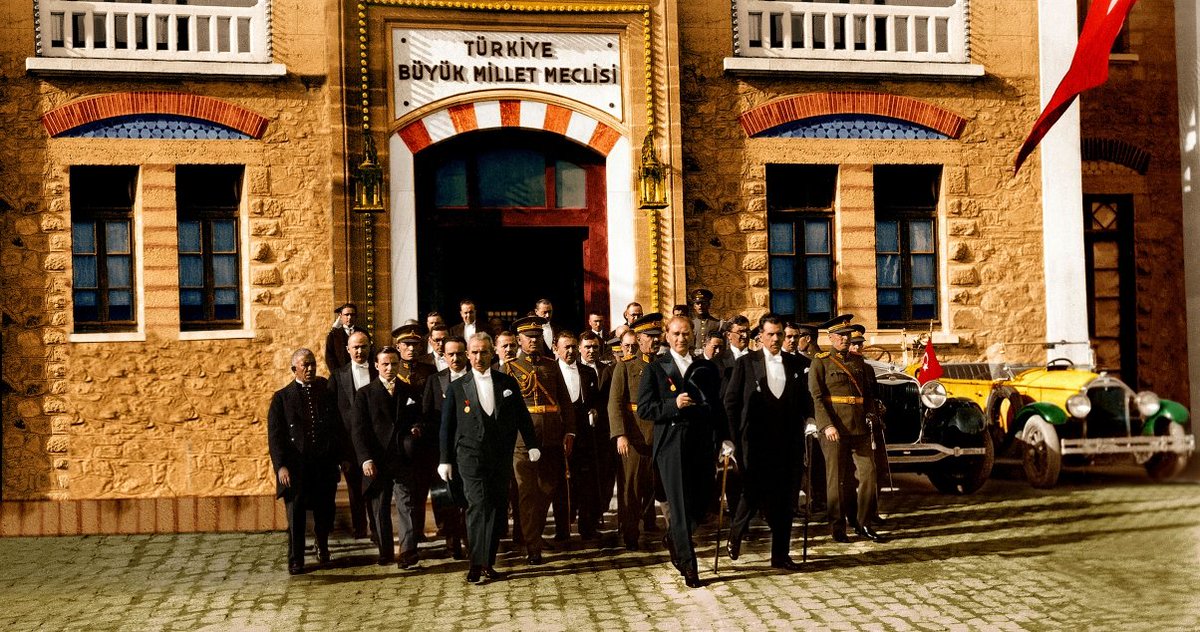Political Outlook
Established on 1 October 1949, the political structure of the PRC is based on one-party rule. The ruling Chinese Communist Party (CCP) was founded in 1921 and has over 86 million members. The general secretary of the CCP is also the head of state.[1]
Political Party Development
Chinese history is quite ancient. The first known dynasties are the Shang and Shia dynasties that ruled between BC 1450-1050. The event that ended the centuries-old period of dynasties and shaped China’s modern period was the 20th century. It was a popular uprising in the early part of the century and the nationalist revolution carried out by the army. The Republic of China was established in 1912 when the dynastic rule was dissolved. In 1945, with the end of World War II, the country entered a civil war between nationalists and communists. This war ended in 1949 when the communists led by Mao Zedong took over, and a long-running struggle and reform process began to establish a socialist country.
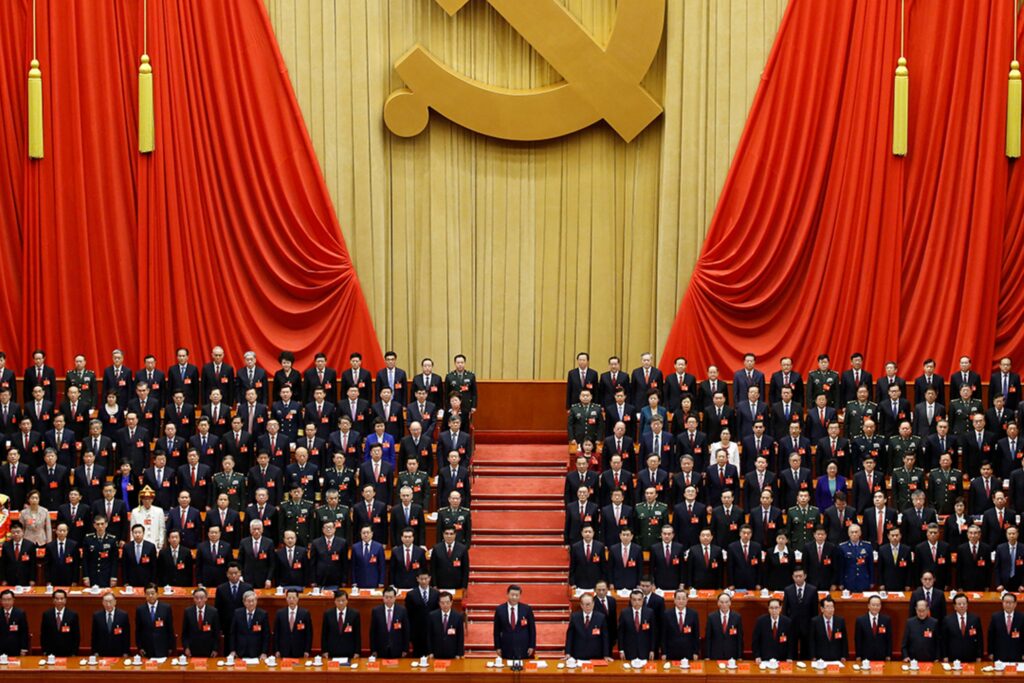

The Republic of China was governed by a federal semi-presidential system under the Beiyang government from 1912 to 1928. It was ruled by a one-party administration under a military dictatorship from 1929 to 1949.
China is officially a multi-party state under the leadership of the Communist Party of China in the form of the United Front, similar to the popular fronts in former communist countries in eastern Europe. The founding and ruling party of the people’s Republic of China is the Communist Party of China. Its founding year is July 1, 1921, and located in Shanghai. The number of members is 90.59 million, making it the second-largest number of political parties in the world. The people’s Republic of China is essentially in one-party administration but has more than one party in its sub-divisions. The Popular Front formed by these United parties under the leadership of the Communist Party of China is called the “United Front”.
These parties include:
- Chinese Kuomintag Revolutionary Committee
The Revolutionary Committee of the China Kuomindang party was founded on January 1, 1948 by pro-democracy members of the China Kuomindang Party and other patriotic personalities. The Revolutionary Committee of the Kuomindang Party of China, a political alliance, is a political party that strives for the construction of socialism unique to China and the country’s unification cause. He Luli is the chairman of the Central Committee of the Revolutionary Committee of the Kuomindang Party of China, whose members number is 65 thousand.
- Chinese League For Democracy
Founded in March 1941 under the name “China Democratic Party and Communities Union”, the Chinese Democratic Union took its present name in 1944. The Chinese League for Democracy, a political party serving socialism, has the distinction of being a political union of socialist labourers and patriots who support socialism, especially intellectuals operating in the fields of culture and education. Ding Shisun is the chairman of the Central Committee of the league for democracy of China, whose number of members is 156 thousand.
- Chinese Union For Democratic Structuring
The majority of the members of the Chinese Democratic structuring Association, which was founded in December 1945, are patriotic industrialists, businessmen, and intellectuals who have connections with them. Cheng Siwei is the chairman of the Central Committee of the Chinese Democratic structuring Association, whose number of members is 85 thousand.
- Chinese Association For The Advancement Of Democracy
The vast majority of the members of the Chinese Association for the Advancement of democracy, founded in December 1945, are moderate and high-level intellectuals active in education, culture, publishing, science, and other fields. Xu Jialu, Chairman of the Central Committee of the Chinese League for the Advancement of democracy, has 81 thousand members.
- Chinese peasant and workers Democratic Party
Founded in August 1930, the Chinese peasants and workers Democratic Party, Medicine, Health, Science, Technology, operating in the fields of culture and education, including middle and high-level intellectuals, socialism, Socialist Workers and supporting the political union of Patriots. Jiang Zhenghua is the chairman of the Central Committee of the Chinese peasant and workers’ Democratic Party with over 80 thousand members.
- Zhigongdang Party Of China
The Zhigongdang Party of China, founded in October 1925, is a Democratic Party composed of Chinese immigrants and their relatives who have returned to their homeland. Luo Haocai is the chairman of the Central Committee of the Zhigongdang Party of China with over 20 thousand members.
- Three September Society
Founded may September 1946, The Three September society is a party of moderate and high-level intellectuals active in the fields of science, technology, culture, education, medicine, and health. Han Qide is the chairman of the Central Committee of the Three September society with over 80 thousand members. [2]
- Taiwan Democratic Autonomy Union
The Taiwan democratic autonomy Union, founded in November 1947, is a political union of Taiwanese socialist labourers living in the main part of China and patriots who support socialism. Zhang Kehui is the chairman of the Central Committee of the Taiwan democratic autonomy Union with over 1800 members.
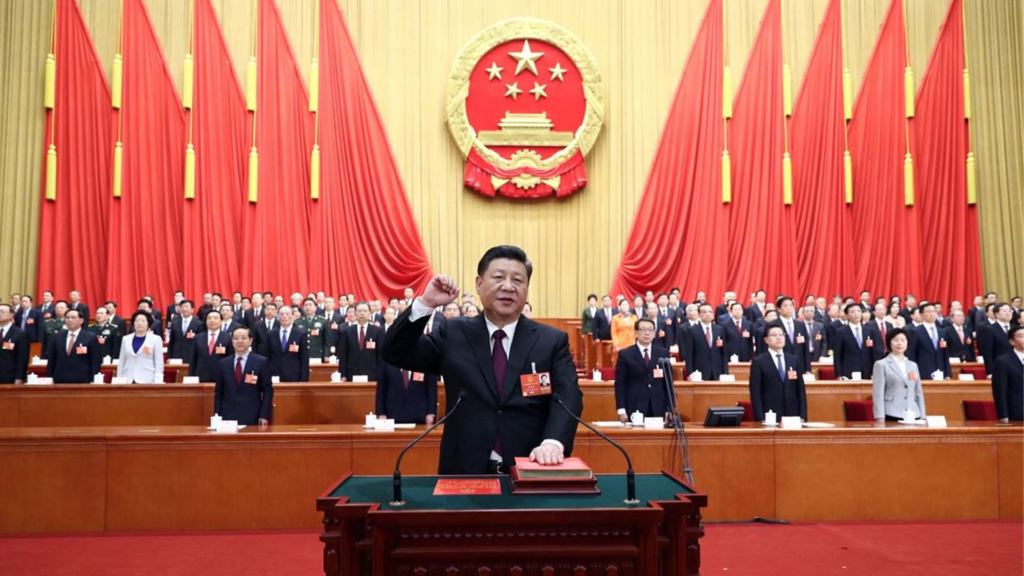

Function Of Political Parties
When we look at the historical development of political parties in the people’s Republic of China, it is very difficult to see the functions of political parties, which is the definition of classical political science. The additional parties that exist in the system, which are completely closed to diversity and contrary views, are not in the function of opposition but in the form of facilitating the affairs of a one-party government and supporting their policies.
Political Participation
Political participation in the people’s Republic of China is quite high. There are about 90 million or so party members. But there is an important detail here that all of these members belong to one party. Although outnumbered, it does not actually provide the clear political participation expected. In order to understand political participation, it is also necessary to focus on the relationship of civil society. The emergence of civil society in China to economic reforms initiated in 1978 based. Domestic migration through reforms initiated under the leadership of Deng Xiaoping has been loosened the control, foreign trade has been tried to spread, foreign investments thus, the economic and social structure has undergone changes. Building relationships with the society it has been realized that the traditional methods used for more complex trade organizations, professional chambers, culture since the 1980s in order to appeal to the community and sports clubs and associations were allowed to be established.[3]
The CCP is skeptical of non-governmental organizations, including political and social organizations he uses it to achieve his goals. Nearly 800 thousand non-governmental organizations in China it is said to operate. Many of these organizations are semi-formal organizations that are economically dependent on the state. Besides volunteering and philanthropy are social forces as the work rate increases in nonprofit sectors. This type of civil society which is not directly related to political organizations to spread beliefs such as Christianity, Buddhism, and Taoism, aims to provide consultancy services on health and environmental issues. Chinese civil society is shaped largely around issues such as health, environment, and faith. In order for a healthy civil society to be formed, the flow of information to be realized in a healthy way. are required. Media that claim to inform the community, to create public opinion and it has the power to set the agenda. To be able to make the voice of civil society heard and the need for the media to organize the relationship between civil society, the media and the state raise. Under undemocratic regimes, the media is subject to strict control lags. All activities affecting the feelings and thoughts of the community are under control receiving and controlling the flow of information. Media say the party is doing what it wants local governments in the direction of public opinion through publications he plays a role in his supervision. Failure to provide, reduce, or disclose certain information with instructions publications are determined by methods such as increasing them and giving them in consultation with the state.
Almost all of the traditional media is in the internet media while under state control. Besides the state, there are also private companies. Internet media, although considered and supervised as an extension of the traditional media, after the reforms China’s opening up has facilitated the flow of information, and the media is breathing more easily provided.
As a result, civil society and parties in the people’s Republic of China are instruments of power used to serve the purposes of the existing power. Unfortunately, individuals cannot express the differences in their wishes and expectations due to the reduced diversity and the healthy participation required by the democratic society cannot be realized.
[1] Ministry of Foreign Affairs of Turkey. Accessed from http://www.mfa.gov.tr/cin-halk-cumhuriyeti-siyasi-gorunumu.tr.mfa
[2] http://turkish.cri.cn/chinaabc/chapter2/chapter20402.htm
[3] Eyigün, C. (2019). Düşünce Kuruluşları ve Sivil Toplum İlişkisi: Çin Örneği. Yıldız Sosyal Bilimler Enstitüsü Dergisi, 3 (2), 283 – 298. https://dergipark.org.tr/tr/pub/ysbed/issue/49872/569489



